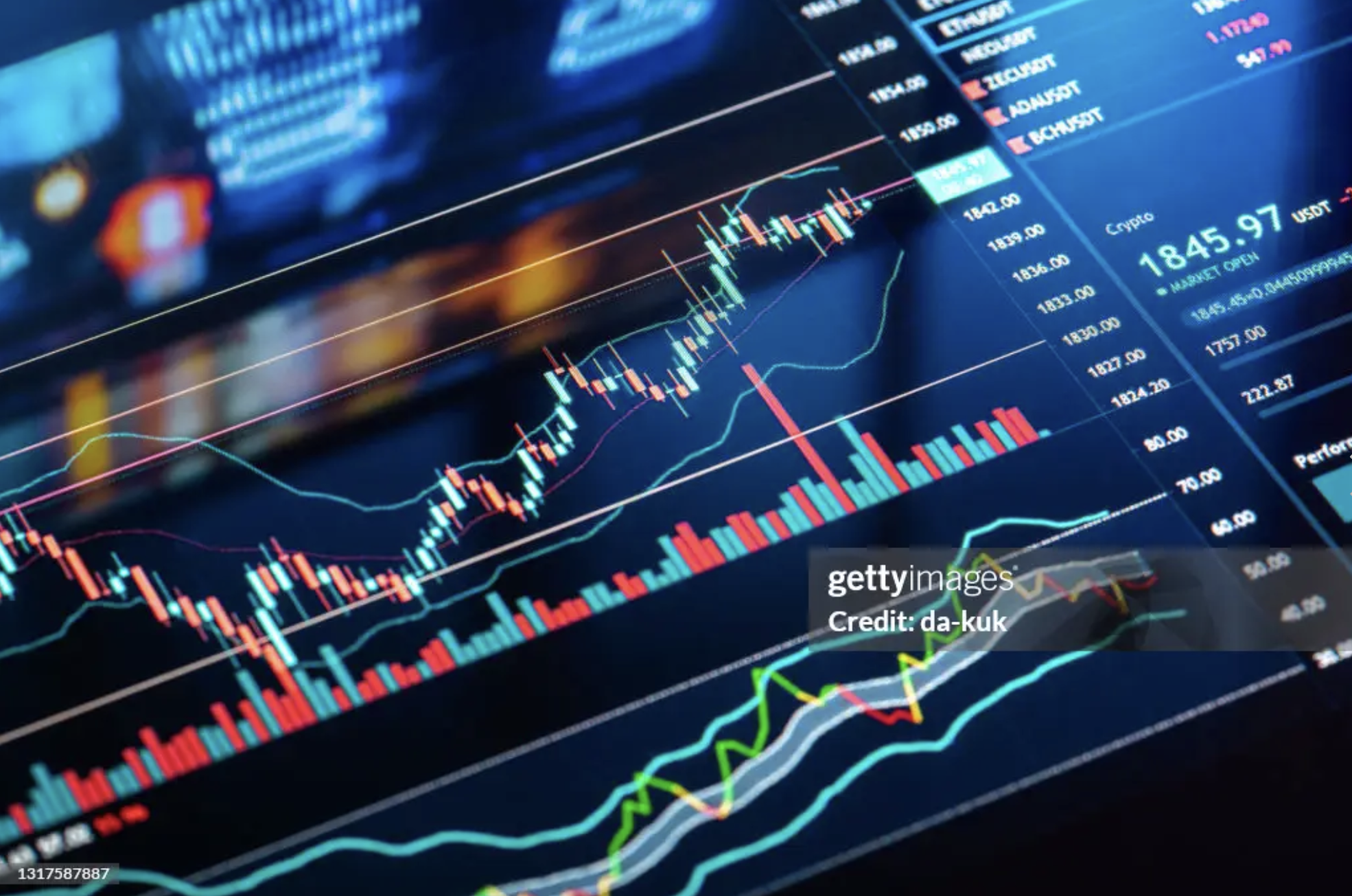Digital Economy

The Digital Economy Working Group addresses themes related to connectivity, digital government, information integrity, and artificial intelligence.
About the WG
Established in 2021, the Working Group seeks to guide public policymakers on how to harness the digital potential of economies. To this end, the group encourages the process of digital transformation as an instrument for improving public participation and fostering socioeconomic development in an inclusive manner.
Approximately one-third of the global population – about 2.9 billion people – remains on the margins of the debate, without access to the tools and basic services that underpin the current transformation. Considering this scenario and based on the achievements of previous presidencies, Brasil, as Shift Chair of the G20, proposes four themes for the agenda of the Digital Economy Working Group for the year:
Connectivity: A significant part of the world's population remains disconnected from the digital environment. The challenge of connecting people living in rural and remote areas remains relevant, as well as providing digital abilities to those with access to the internet;
Digital Government: improve the relationship between governments and their citizens, providing high-quality public services and seizing the opportunities of the digital economy require secure digital public infrastructure, reliable and inclusive. Addressing the topic with a focus on the components of digital identification and data sharing as enablers is essential to promote inclusion, Enhance the digital economy and generate new opportunities for economic growth and development;
Integrity of information: The ubiquity of global digital platforms has reshaped the mass communication landscape, transforming economic, social, cultural, and political interactions around the world;
Artificial Intelligence: Artificial Intelligence (AL) has been provoking intense debates, mainly focused on generative models and issues of ethical and responsible use. These debates, however, are not deep enough in relation to issues arising from the concentration of capacities, datasets, and infrastructure in a few actors, thus not reflecting the diversity of linguistic, cultural, racial, and geographical contexts.
History of the WG
In 2017, the Ministry of Science, Technology, Innovation and Communications represented Brasil and contributed to the elaboration of the script of priorities of the then Digital Economy Task Force (G20 DETF). The following year, the artificial intelligence theme was on the agenda and the G20 ministers of the digital economy approved a set of principles for the development of this technology. With the establishment of the WG in 2021, the commitment has intensified, placing at the center of the discussions the harnessing of the digital potential of economies and the inequality of access to the benefits of digital transformation. In addition, the advancement in the provision of digital government services has become a priority for member countries.